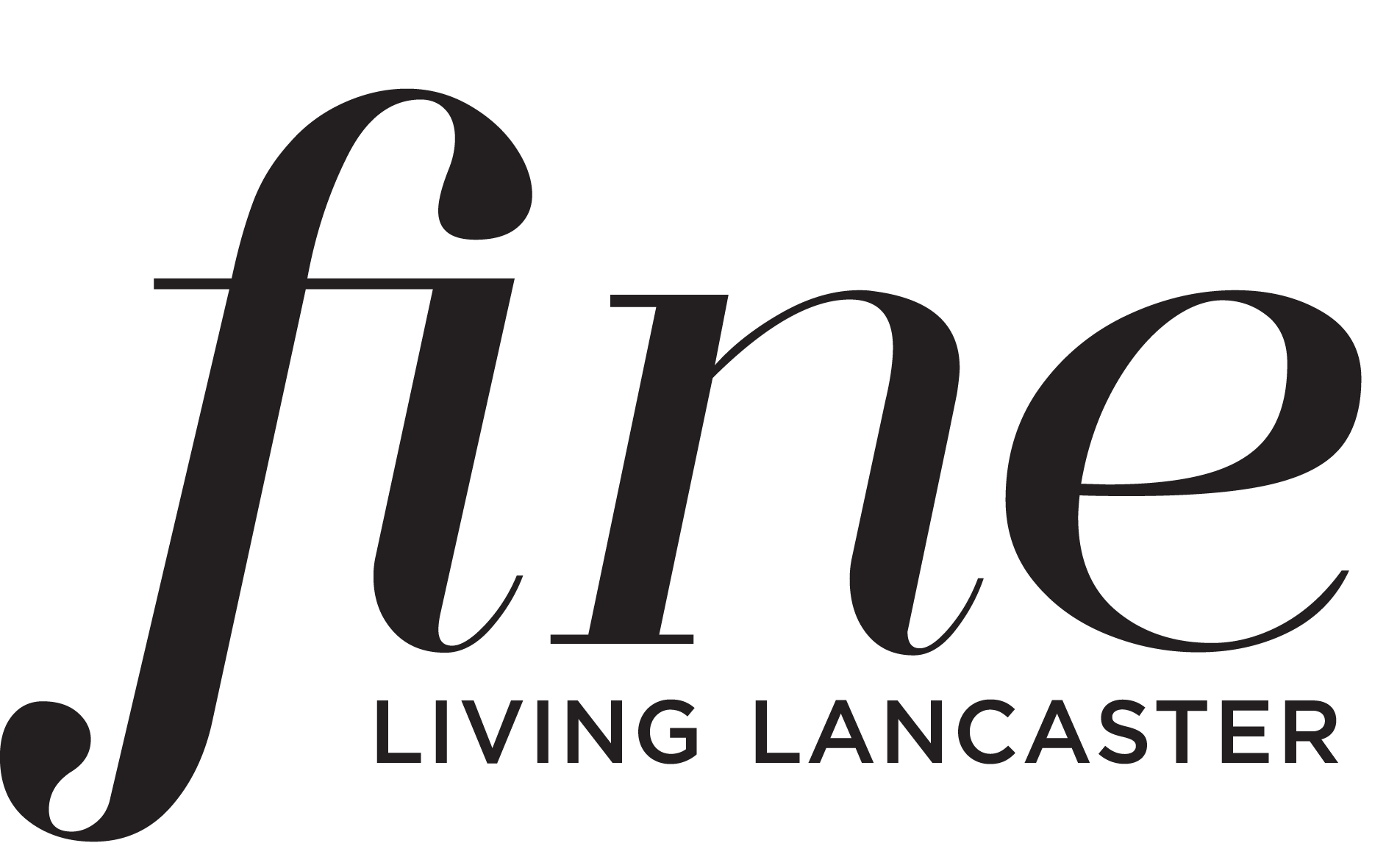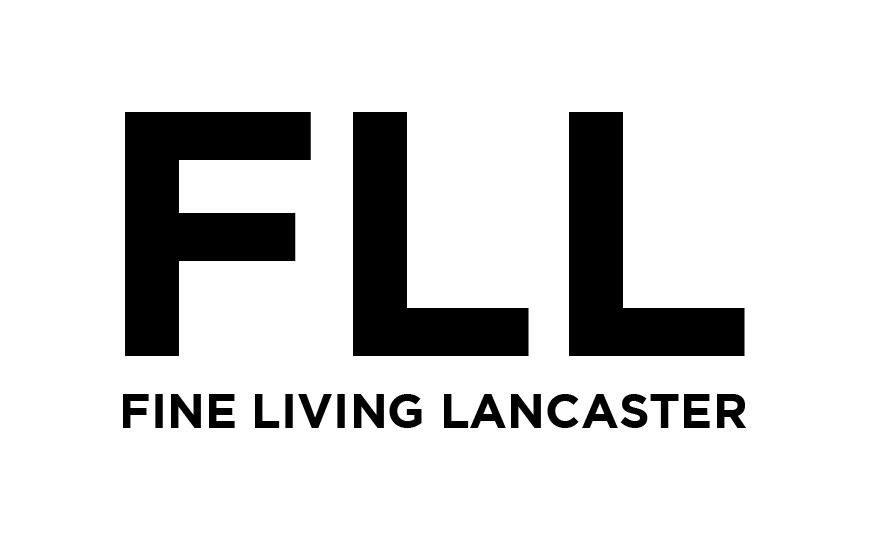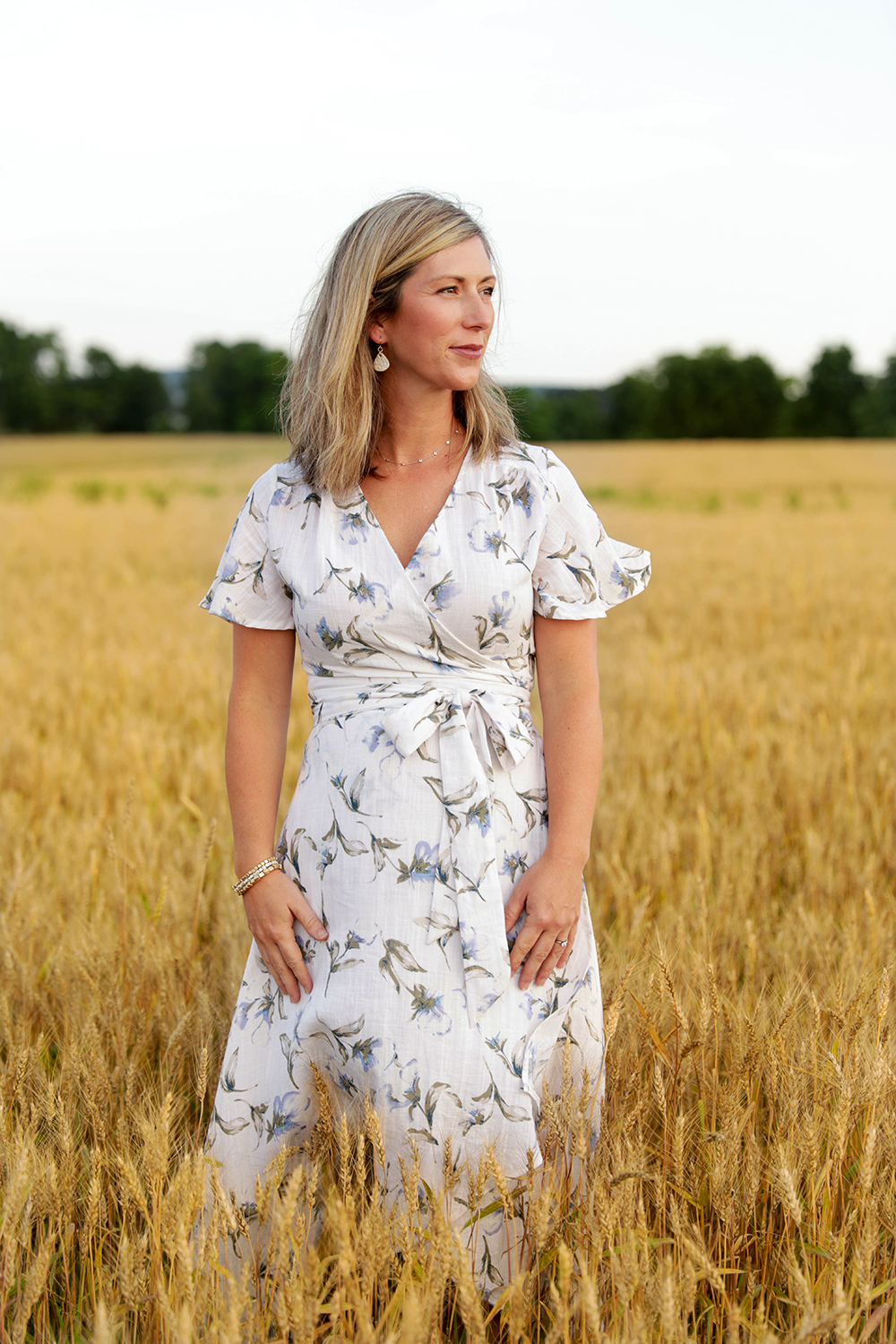You Shouldn’t Be At War With Your Body
How Dietician and Medical Nutrition Therapist Nicole Keever Teaches Intuitive Eating
In a crowded kitchen at a dinner party for twelve, featuring an at times overwhelming swirl of aromas, indoor grilling that set off the whole house fire alarm, at least six different jubilant conversations all happening over the din of the alarm and still, my ears caught the eight words that would change my night: “You shouldn’t be at war with your body.” It’s as if time stood still, and I was Indiana Jones, suddenly recognizing the necessity of having to find whoever has just shared that tidbit of treasured and rare advice.
I haven’t met a woman yet who was not, at some point in her life, at war with her body. Throughout my lifetime, beauty has for so long been wrapped up in being thin, with women generally being told: the thinner the better. Get a room full of women together and they’ll easily share stories of how this war with their own bodies was perpetuated by caring family members, medical professionals, every form of media, and even those men on the street who believe it’s their right to comment on our bodies. All of these influences led them to starve, abuse, limit, hate, and destroy ourselves over time. We have been at war with our bodies for so long that we’ve almost forgotten we’re fighting at all. Always being just a few pounds away from a perfect weight has become a homeostasis.
There are many theories on why thinness has, for so long, been the benchmark for beauty—everything from the idea that a focus on making themselves smaller distracts women from engaging in other more important matters [i.e politics, economics, etc.] to male fashion designers wanting their clothes to be the stars of the runway, not the models’ bodies. Nicole Keever, armed with years of education, research, clinical experience, and practical application is ready to help all of us finally allow love to triumph. As she says, “The body is brilliant. Listen to it.”
Nicole’s educational pedigree includes an undergrad and dietetic internship from IUP and a Master’s Degree from the University of Bridgeport. Still, her classes lacked a depth of study in the field that interested her most—eating disorders and how to better treat them. She found her answers while working at a premiere eating disorder treatment facility in Arizona (Remuda Ranch, now called the Meadows Ranch). For six years, she trained so that she can teach all of us how to begin honoring the body, as she puts it. Nicole now works in a private practice in Lancaster, and is beginning what she feels is some of her most important work. This past year, she was invited to the Pequea Valley School District, to work with students and their parents, teaching them the language of their bodies and allowing them to connect and honor those bodies. She explains this practice by saying to image that your body speaks French, but you only speak English. Her job is to make you bilingual.
This teaching begins with a mindfulness approach. It’s immediately reminscent of the various cries of a baby: every parent can discern the ‘hungry’ cry from the ‘tired’ cry, to the ‘this diaper is pinching me’ cry. Something as simple as recognizing when you are full or that you are tired not because of hunger, but because of a lack of sleep or dehydration is a huge part of healing. Over five sessions (of which can be covered by insurance) these parents and children rewire their brains to really listen to their bodies and not the numerous distractions, to feel real energy, to begin experiencing a healthy a GI tract, and to not ever use or follow a diet again. Instead, she establishes the idea of food neutrality and intuitive eating.
Intuitive eating is a concept that can easily be misunderstood. Nicole trains folks not to eat whatever they want, but to listen to the body, learn what it is saying and if after training, it is saying, “eat a brownie,” then eat the brownie with no guilt, worry, or shame. This is food neutrality. Nicole explains, “A quick and easy tool to evaluate if you are engaging in ‘good/bad’ food thoughts is to replace the food in question with broccoli. For example, you might hear someone say, ‘I can’t eat that cupcake, I’ve been eating dessert all week. It’s too much.’ If you substitute in the word broccoli for cupcake or dessert, it becomes easy to identify that you are categorizing foods as ‘good’ or ‘bad’, instead of making decisions that are based on taste preference and fullness.”
What has to be recognized is that there is a required discipline that is necessary to learn from an expert like Nicole, to begin to understand your body, and to achieve a healthy body that is not someone else’s image of healthy, but your own. She uses BMI as an example. She explains that BMI (a height-to-weight ratio) is only a tiny snippet of defining health for a person, just as standardized tests are only a snippet of the achievement of a student. We can use both tools, but just one should not define the whole being.
Nicole also teaches how to see movement and exercise as something to honor the body, not harm or hurt it, or even something that is not fun. Jog, swim, do yoga… whatever makes you feel healthier, but do not be a slave to the numbers on the treadmill or the fitness tracker on your arm. Nicole shares a personal story of how she was running, pushing her young children in a tandem stroller. She came upon a giant hill in her neighborhood and the trained athlete in her wanted to continue running up the hill… until she didn’t. She stopped and asked herself why she was straining and hence, no longer enjoying the run. She walked up the hill, and honored her body instead.
There is a big caveat to this training, the elephant in the room, and the reason that shifting our thinking from body shaming to body honoring is a job for teachers like Nicole Keever (or at least requires some further training and research) and it’s that people will take advantage of freedom. The bumper sticker philosophy is correct: freedom is not free. If we still do not understand the language of our body, we can and possibly will abuse the freedom given with it. In the same respect that foreign languages are best learned at a young age, this language is also best learned early. The students Nicole works with will understand their bodies and be able to live healthier and happier lives for the knowledge they possess.
One discussion or article is not enough of an exploration of this topic. Half a century of body shaming cannot be destroyed in a single afternoon, but making sure that our children and grandchildren do not slip into the same unhealthy patterns can be addressed now. With help, we can allow love and acceptance to win over hate and shame.
nicole.midatlanticnutrition@gmail.com
(717) 320-4421
*The Content is not intended to be a substitute for professional medical advice, diagnosis, or treatment. Always seek the advice of your physician or other qualified health provider with any questions you may have regarding a medical condition.
By Marian Pontz









